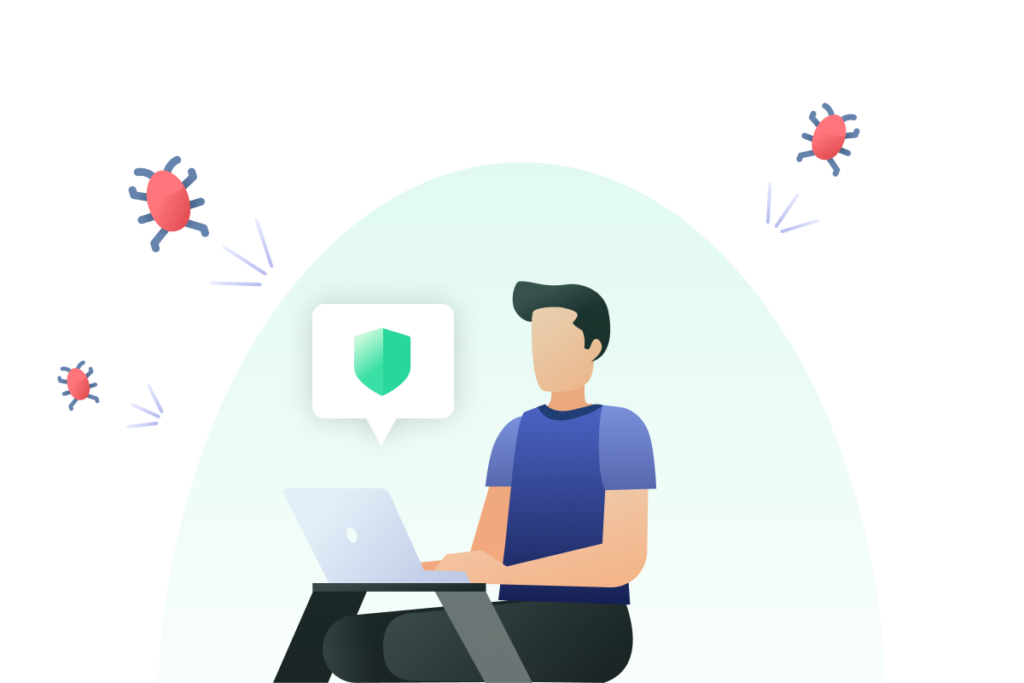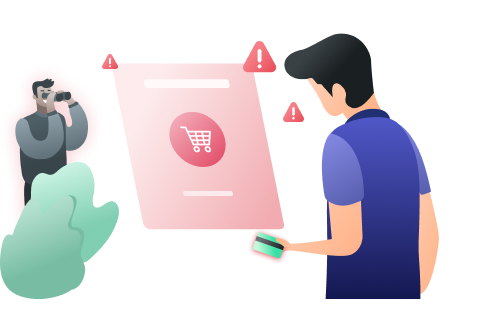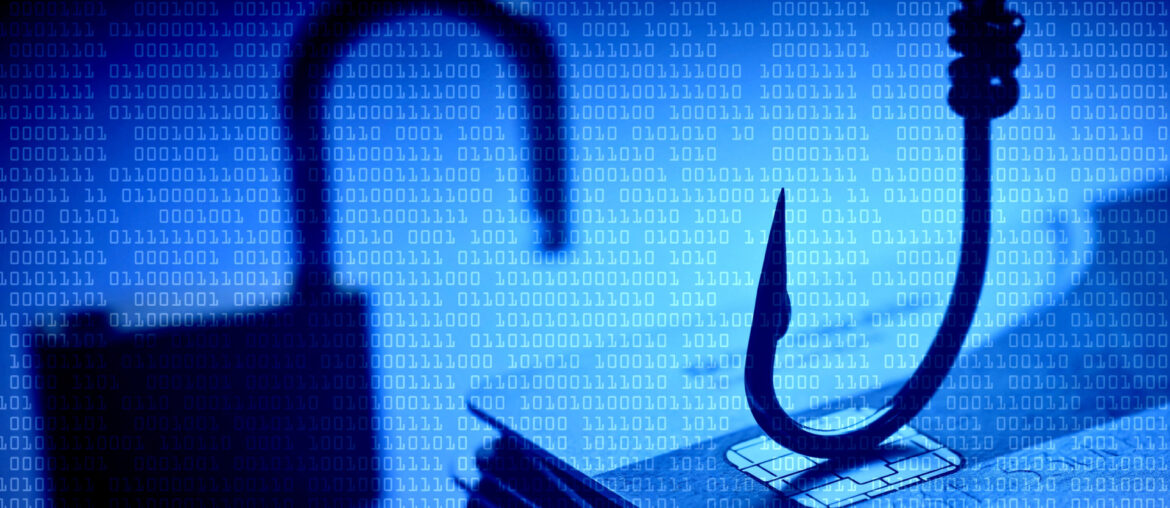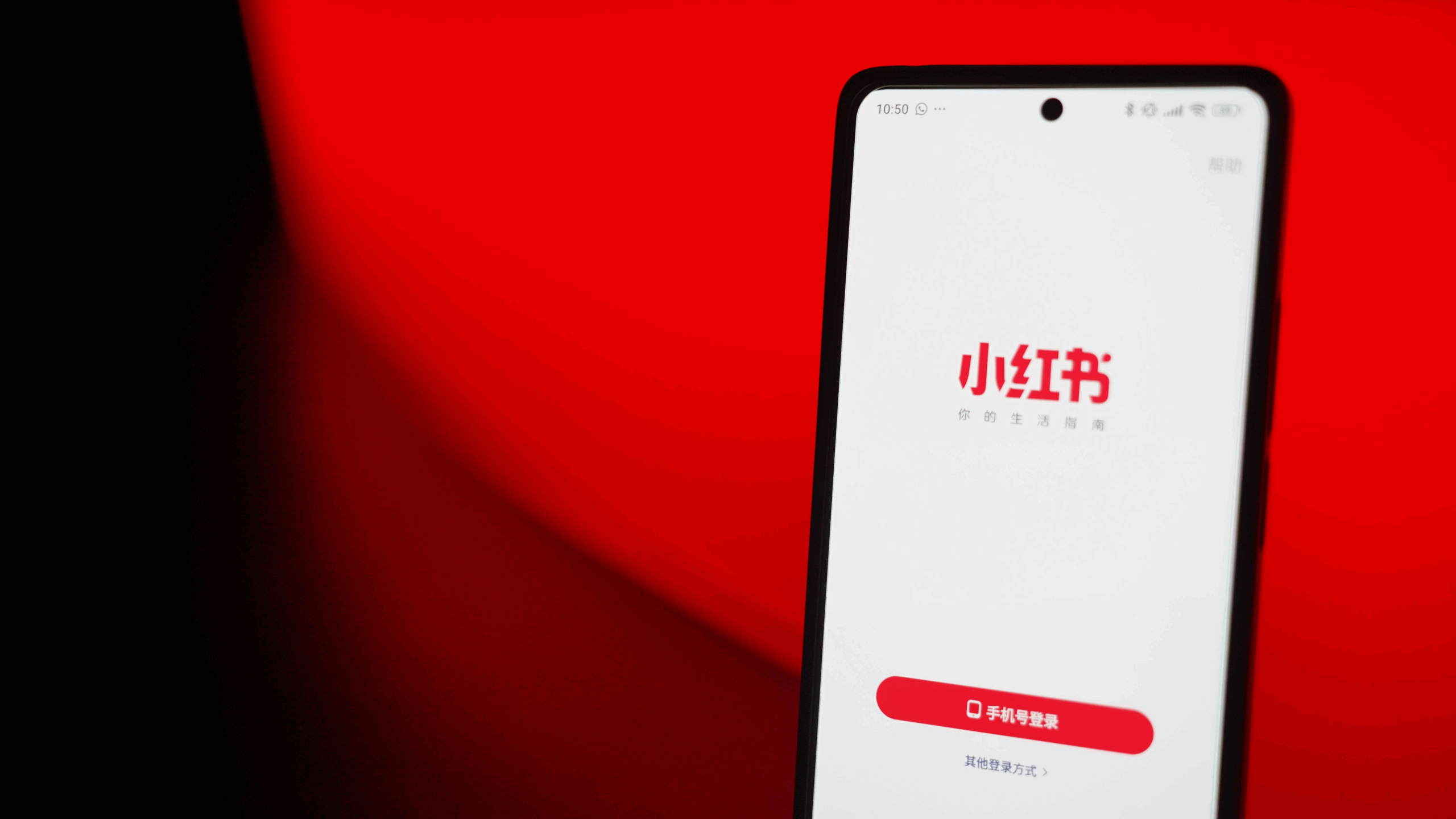Phishing attacks are among the most common and dangerous forms of cybercrime. These attacks can affect individuals, organizations, and even governments. In phishing attacks, cybercriminals use social engineering tactics to trick individuals into revealing sensitive information like passwords, credit card numbers, and personal data. But how can you protect yourself against them, and what are the signs of a phishing attack? In this blog, we’ll help you learn how to identify these attacks and how to prevent them from accessing your private data.
What is a Phishing Attack?
A phishing attack, otherwise known as a phishing scheme, is designed to coerce someone into revealing sensitive data. As we mentioned, this can include banking information, login credentials, and other forms of private data. Cybercriminals rely on social engineering techniques to create fake emails, websites, or phone calls that appear to be from a reputable source. They can impersonate legitimate businesses such as Amazon or even fabricate entire companies simply to trick their victims.
Since these phishing attacks rely on social engineering, many of them take place over email or the phone. However, many cybercriminals have begun to utilize social media sites for their phishing attacks, including LinkedIn, Instagram, Twitter, and Facebook.

What are the Signs of a Phishing Attack?
The consequences of falling victim to a phishing attack can be devastating. Cybercriminals can use the information they obtain to steal your identity, access your financial accounts, or even launch further cyberattacks against you or your organization. In addition to significant financial losses, phishing attacks can even damage your reputation and lead to legal or regulatory consequences.
In order to protect yourself against a phishing attack, it’s important to know what to look for and how to spot one. This form of cybercrime primarily relies on social engineering, which can be identified through:
- Suspicious emails: Phishing emails are designed to look like legitimate correspondence from reputable sources. This can include banks, social media platforms, or e-commerce websites like Target or Amazon. The email may contain a sense of urgency or a request for personal information, and may also have spelling or grammar errors. Always check the email address of the sender to determine if it’s authentic.
- Fake websites: Phishing websites are designed to look like real websites, but they are created to steal personal information from victims. The URL may look similar to the actual website, but there may be small differences, variations, or spelling errors. Some links that redirect to these websites may even use different fonts, which is never done with authentic websites.
- Unsolicited phone calls: Cybercriminals may call you and pretend to be from a reputable organization like a bank or a government agency such as the IRS. They may ask for personal data or offer you a deal that sounds too good to be true. This type of phishing attack primarily targets older adults and is known as “vishing” or “voice phishing.”
- Suspicious attachments: Typically, phishing emails contain attachments that are infected with malware. If you receive an email from an unknown source with an attachment, do not open it. The social engineering aspect of phishing attacks comes into play when attachments are involved. Seemingly legitimate organizations may send “important documents” that can contain dangerous viruses, which is why it’s so important to review your emails before opening or saving attachments from unverified sources.

How to Protect Yourself from Phishing Attacks
Phishing attacks are becoming more sophisticated, which is why it’s important to stay vigilant and protect yourself against them. As we mention above, you should always be cautious when receiving unsolicited emails, phone calls, or messages, and never provide personal or sensitive information unless you are certain of the legitimacy of the request. However, there are other ways to protect yourself from phishing attacks, including:
- Using strong passwords: Whether you’re checking your email, your bank information, or you’re using social media, it’s necessary to ensure that your passwords are both strong and unique. This means that you should have a different password on each account to prevent widespread attacks in the event that one of your accounts becomes compromised. Strong passwords usually contain a combination of letters and numbers, as well as approved symbols like exclamation points or question marks.
- Turning on multi-factor authentication: Multi-factor authentication, sometimes known as “two-factor authentication” or “2FA,” adds an additional layer of security to your devices and accounts by requiring a second form of verification before accessing them. This can come in the form of a fingerprint or a code sent to your phone. In other cases, you may be asked to open up an application to verify your identity or click a button in an email to prove you have access to the account.
- Keeping software updated: Ensure that your operating system, web browsers, VPN, and antivirus software are up-to-date to protect against security vulnerabilities. It’s also important to check your apps regularly to give yourself added protection against any potential breaches or attacks.
By staying informed and taking proactive steps to protect yourself from phishing attacks, you can help to mitigate the risks and avoid becoming a victim. It’s important to remember that you should always think before you click on a link or an attachment, and to report any suspicious activity that you might identify in the process.

Reliable Online Security with PrivadoVPN
If you want powerful, round-the-clock privacy with the push of a button, PrivadoVPN can help. PrivadoVPN offers top-rated privacy and protection against man-in-the-middle attacks, malware, and much more. Plus, with access to hundreds of global servers, ad blocker integration, and threat detection, PrivadoVPN makes it easy for you to protect yourself online both at home and on the go. Sign up today to learn more and start protecting your private data with PrivadoVPN.
Download PrivadoVPN
Protect your privacy with a world-class VPN. Sign up for premium access to PrivadoVPN and get unlimited monthly data, access to 300+ servers from around the world, and up to 10 simultaneous connections. Get a top-rated VPN that can secure your privacy at home, at work, or on the go.
Sign up for PrivadoVPN today!




